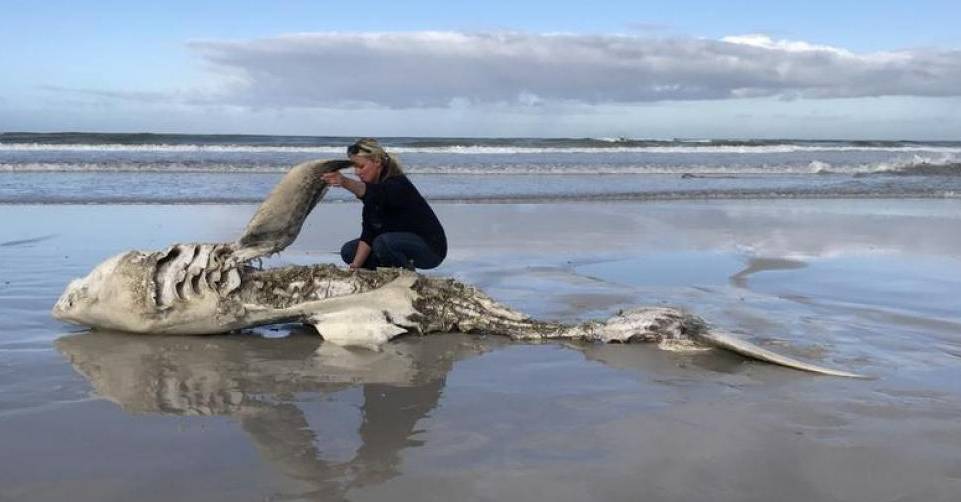Several white sharks have appeared dead on the South African coast since 2017 as a result of the brutal attack by two killer whales, who are managing to scare off the specimens of this species of shark from the Gansbaai region, which is altering the marine ecosystem, according to a study published this week in the African Journal of Marine Science.
The bodies of a total of eight sharks have been found in these five years. Seven of them were missing their livers, and some were also missing their hearts. They fell victim to two killer whales, named Port and Starboard. Since then, more attacks have occurred and more corpses have appeared with serious consequences for the marine habitat, reports The Washington Post.
It was in that same year that scientists began research to analyze the behavior of killer whales and the effects on white sharks, and found that the presence of the latter was greatly reduced after the attacks.
After monitoring 14 sharks that inhabited South African waters, they have determined that up to seven specimens could be seen before the attacks, while the number was reduced to 1.7 after them in the same year.
In the following two years, it never reached a couple of sightings per day, so the researchers’ conclusion is that the killer whales had caused panic among the sharks, who began to flee from them.
The lead author of the study, Dyer Island Conservation Trust marine biologist Alison Towner, explained in a note issued by the organization that initially, after an orca attack, “great white sharks did not appear for weeks or months,” but what is happening now seems to be “a large-scale evasion strategy”
In addition, Towner has stressed that the disappearance of white sharks could lead to “smaller predators dominating”, which in turn could lead to the collapse of the ecosystem or “of some of the species that belong to it”.
Thus, the absence of the main predators has already caused the arrival of “a new mesopredator in the area, the bronze whaler shark”, and could also cause the seals to modify their behavior, which would directly affect the African penguins, an endangered species, as “they can prey on them or compete for the small pelagic fish they eat”.

